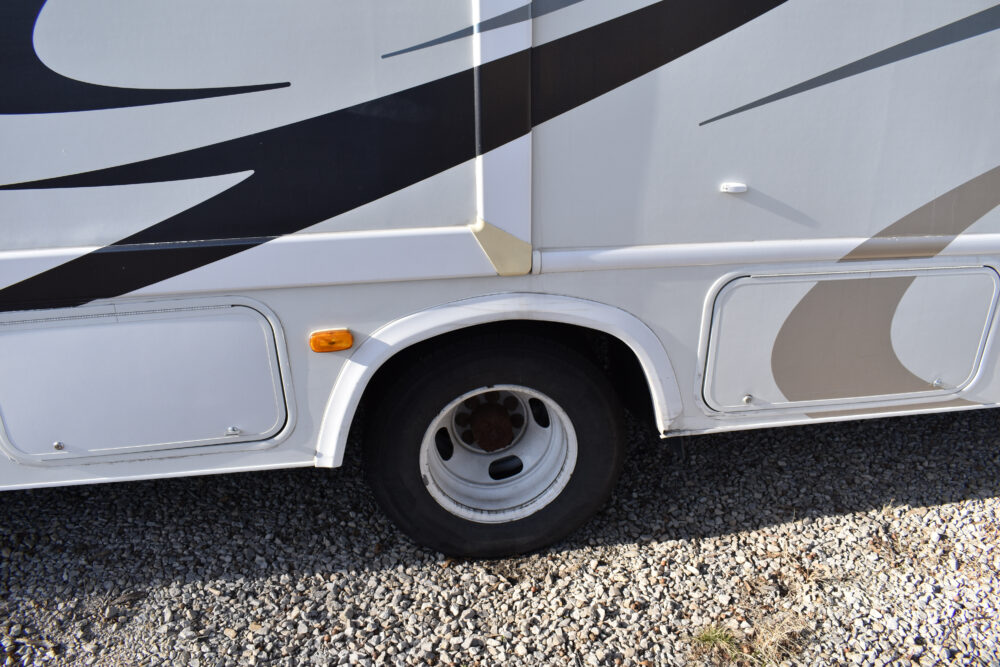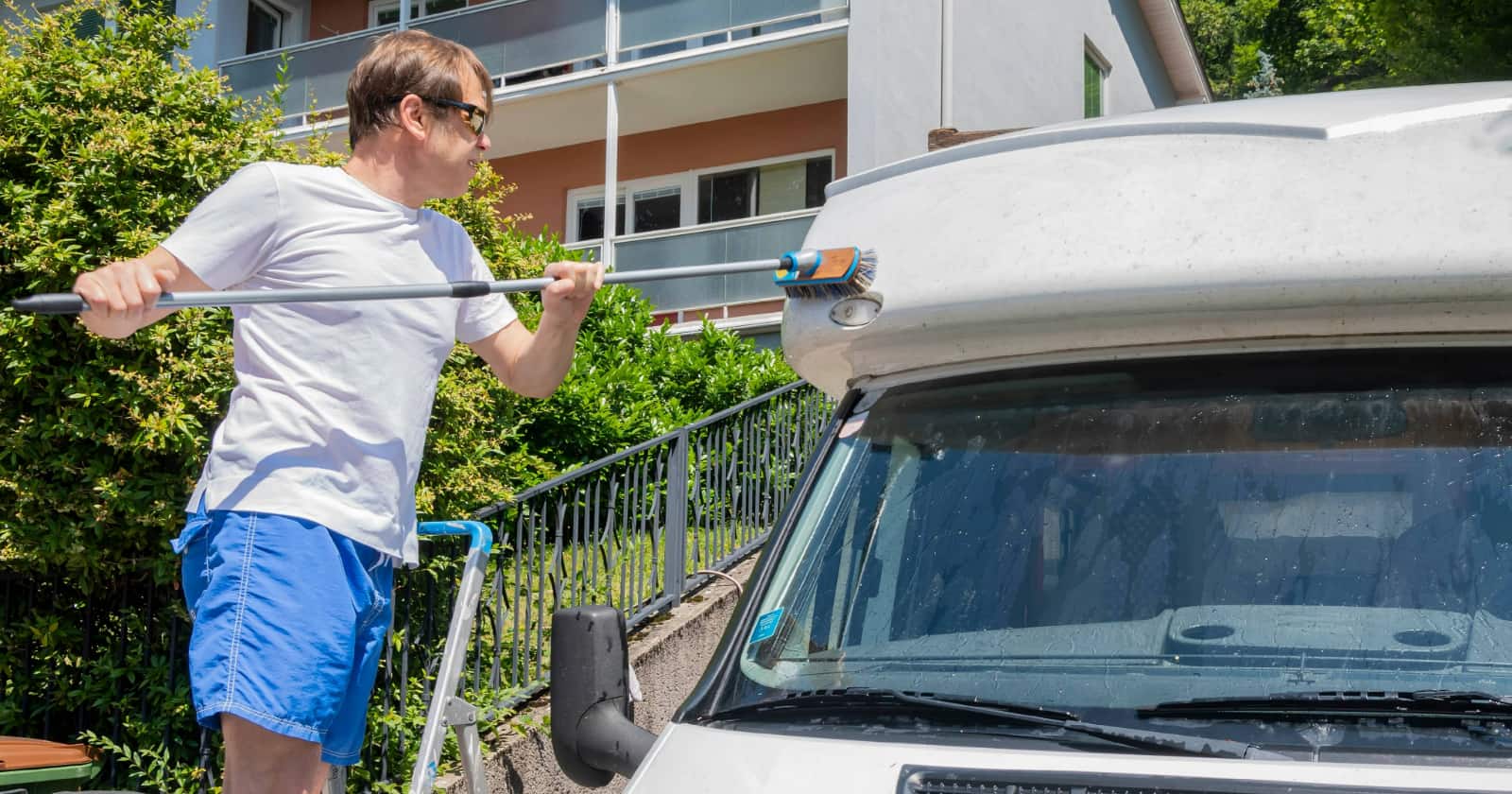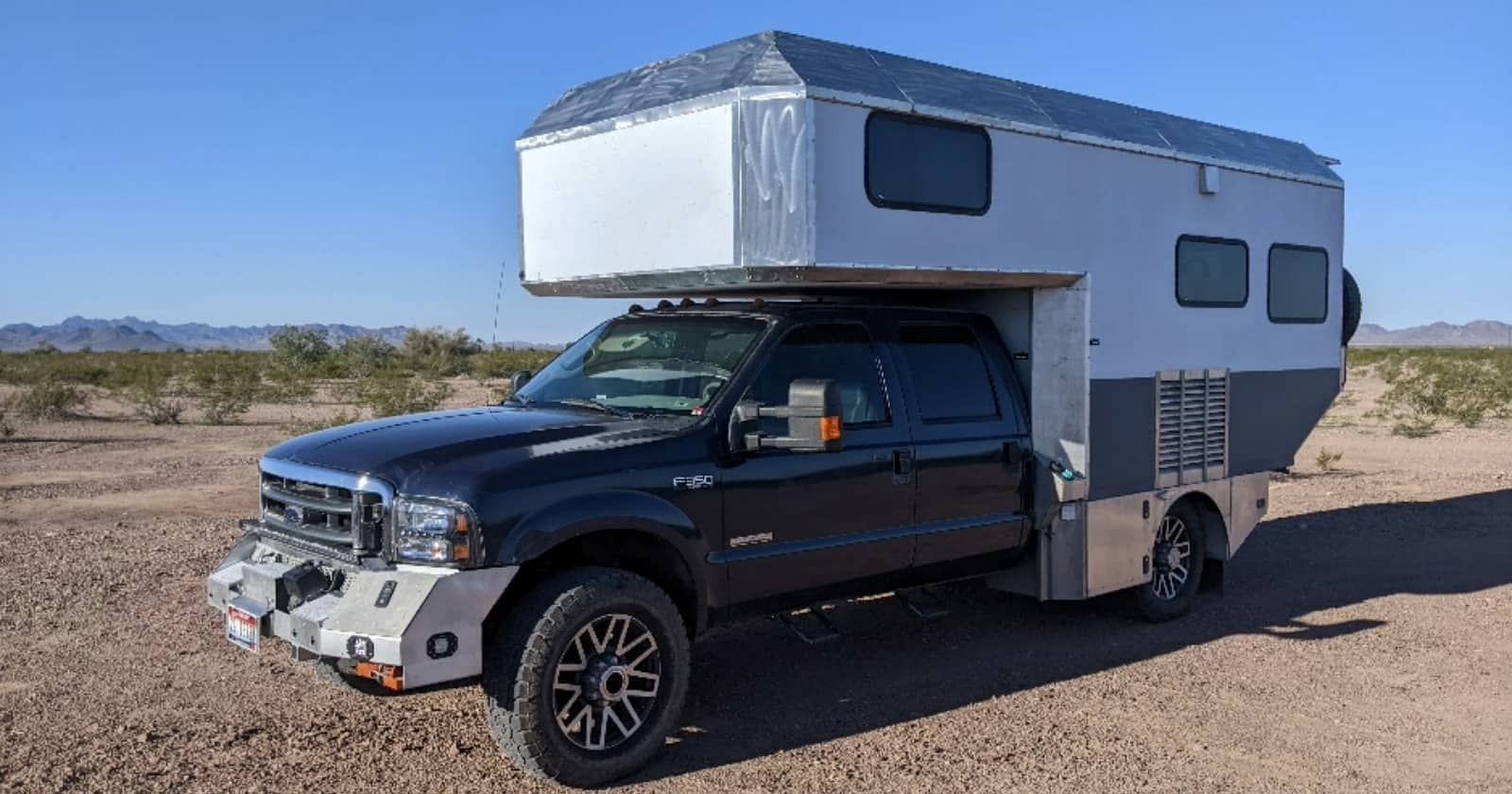
How Does Heat Impact Your RV Tires?
For many people, summer is the ideal time to climb into your RV and hit the road. It’s great to travel during the warm seasons because you don’t need to worry about snowstorms and icy roads. But the summer heat comes with its own dangers. Tires are one of the key areas that are affected by soaring temperatures.
Excessive heat can damage or even destroy RV tires if you’re not careful. High temperatures can warp the rubber and cause additional issues like leaks, dry rot, and tire pressure differences. In the worst-case scenarios, your tires might even explode while you’re driving!
Although summer heat is certainly dangerous, there are things you can do to prevent tire damage. As long as you’re aware of the risk factors and take steps to avoid them, you can continue to use your tires during every season of the year. Below, we’ll explore some of the dangers your tires will face and how you can prevent them.
Heat risk factors
Rubber shrinks and expands
The first thing to keep in mind is that tires are made of rubber. This material is durable and quite resistant to heat. But after prolonged heat exposure, it can eventually start to warp. The tire integrity is compromised as the rubber shrinks and expands.
The changes might be too subtle to see with your eyes, but continual temperature changes can cause long-term damage. If you frequently drive in desert areas that are hot during the day and cold at night, you’re at risk for this issue.
Dry conditions evaporate protective oils
Next up, it’s important to remember that summer heat often corresponds with dry conditions. This isn’t always the case (especially if you travel in humid areas), but it’s quite common to run into hot and dry climates during your travels. This combination is the perfect recipe for dry rot.
Dry rot occurs when a material is stripped of its protective oils. As a result, it dries out and crumbles. Tires often have oils and coatings built-in because it gives them greater elasticity and heat resilience. But if those oils evaporate, the rubber can become dry and cracked.
If your tires are constantly exposed to dry conditions and direct sunlight, you should definitely worry about dry rot.
Higher temperatures lead to Increased pressure
Next up, let’s talk about tire pressure. Air expands as it heats up. This principle can affect your tires, even though they are sealed off from the outside air supply! When the temperature rises, your tire pressure will increase as well.
It’s crucial for every RV to maintain steady tire pressure so that all the tread wears evenly. If the pressure is too high, your vehicle could become imbalanced, and you might even experience a blowout. This situation is dangerous for you and everyone else on the road!
A tire pressure monitoring system is helpful for detecting low pressure, but it doesn’t always flag high-pressure alerts. Check it yourself and adjust the tire levels accordingly.
Warning signs for tire damage
Most tires can withstand a bit of wear and tear without any issues. After all, they’re designed to deal with friction and high temperatures. But after a while, visual warning signs might start to appear.
If you spend a lot of time driving in the summer heat, look out for the following issues:
- Torn tread
- Uneven tread wear (in the center or along the edges)
- Peeling
- Blisters/bulges
- Cracks
- Faded or discolored rubber (especially blue tinting)
- Damaged casing
Once these issues emerge, it’s time to think about replacing your tires. Unfortunately, summer heat damage is irreversible. Although you can patch tires and keep them going for a while, there’s no way to get them back to normal once the damage sets in.
How to protect your tires from summer heat
Now that we know some of the risk factors, you might be feeling pretty discouraged. After all, you can’t exactly control the weather to keep your tires cool! Fortunately, there are other things you can do to protect and preserve the tires. Follow the tips below to extend their lifespan.
Maintain proper tire pressure
First up, it’s important to maintain proper tire pressure for your entire RV. As we mentioned above, heat tends to lead to high tire pressure and blowouts. You might need to let some air out of the tires from time to time.
Remember that your vehicle weight will also factor in here. An unladen RV might have normal tire pressure, but things change once you add all your cargo and passengers. Be sure to adjust accordingly and check your pressure before every trip.
Don’t drive with overheated tires
Next up, you might need to change your schedule and driving habits a bit to account for the summer heat. If your tires are hot to the touch, you may want to take a break and give them time to cool off.
The hotter they are, the riskier it is to drive. If the road is scorching as well, that’s just another problem to add to the pile. For these reasons, you should try to avoid driving on extremely hot days.
Clean tires with wax-based products
Next up, you can protect your tires by keeping them clean and lubricated. Dirty tires are more likely to develop cracks and tears, so you should always keep an eye on them. Spray the rubber and the rims for good measure!
As you clean, you may want to refresh the tires’ oil coating as well. This treatment will help them stay strong and flexible. Wax-based products are fantastic for this purpose! Inspect the tires during this time as well and clear away any rust that accumulates on the rims.
Don’t speed or overload RV
If you want to keep your tires in good shape, you may need to adjust your driving habits. The faster you drive, the more friction and heat you’ll produce. Speeding in an RV is dangerous for a variety of reasons, including tire damage. Stay at or below the speed limit in order to reduce the strain on your wheels.
You also need to keep your RV at an appropriate weight. If you overload the vehicle, you’ll put a lot of stress and weight on the tires. This can lead to warping and blowouts. Summer heat compounds the issue and makes everything worse!
Use tire covers during storage
Although it’s crucial to take care of your tires while you drive, you shouldn’t overlook the importance of proper storage. If your RV sits dormant throughout the summer, the tires can develop massive problems. Dry rot, warping, bubbling, and other issues are common for unprotected tires.
Therefore, you should use tire covers every time you park your RV for extended periods. These provide a protective layer and block UV rays. There are lots of great options, but this set from Explore Land is particularly popular.
Rotate and replace tires throughout the year
Finally, remember that tires need to be rotated and replaced on a regular basis. It’s a good idea to match your tires to the season as well. Winter tires provide greater traction, but they aren’t as heat-resistant as all-weather types. Therefore, be sure to switch to a new set as the temperatures rise.
Rotating your tires also ensures that they receive an even level of wear and tear. They can last much longer with this type of treatment!
Track your RV maintenance
Make sure you keep track of all your RV maintenance and repairs with an online tool such as RV LIFE Maintenance. Not only can you keep all of your documents in one place, but you’ll also receive timely reminders when maintenance is due to help you avoid costly repairs and potentially serious accidents.
Related articles:



